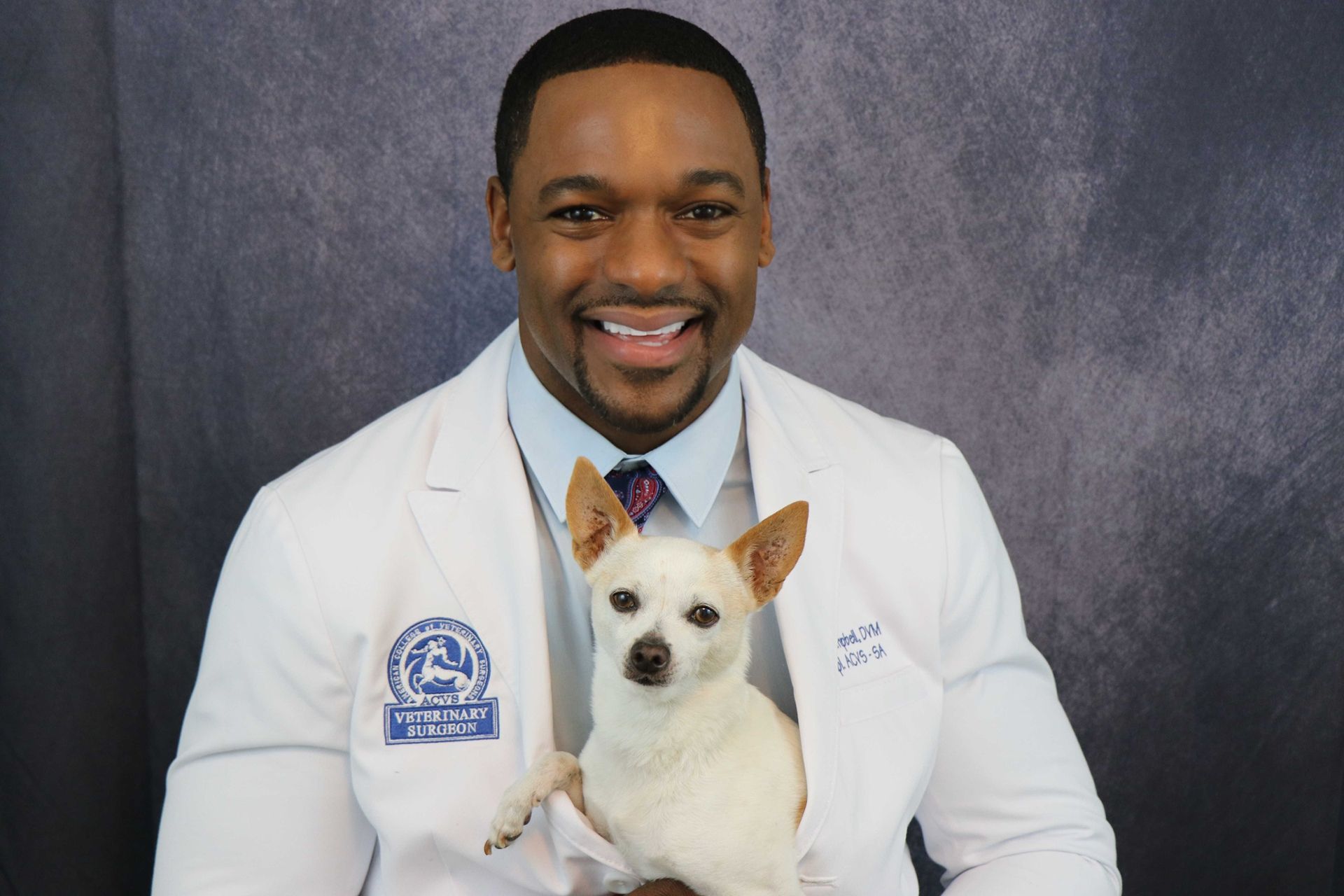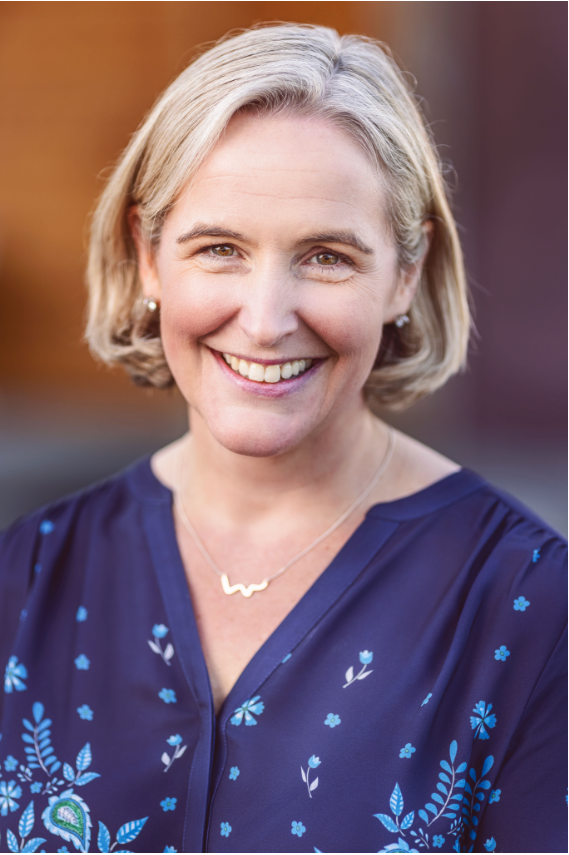Q&A with keynote speakers: Courtney Campbell, DVM, DACVS-SA, and Molly McAllister, DVM, MPH
The second-day keynote speakers discuss diversity, equity, and inclusion and how they got their start in the profession
Courtney Campbell, DVM, DACVS-SA, a veterinary surgeon at VetSurg, and Molly McAllister, DVM, MPH, chief medical officer at Banfield Pet Hospital, together take on the second-day keynote at the Fetch dvm360® conference in San Diego, California. They are both board members of the Diversify Veterinary Medicine Coalition, and their presentation will focus on a topic that perfectly aligns with the organization’s mission— “The Veterinary Health Gap: How Veterinary Health Inequity Affects Us All.” Campbell and McAllister will discuss inequity, health disparities, and the role veterinarians can and should play in promoting a more diverse, inclusive, and society.
Learn more about Campbell and McAllister and their thoughts on the veterinary health gap with this brief Q&A from dvm360®.
What led you to become a veterinarian?
Courtney Campbell, DVM, DACVS-SA

Campbell: I was inspired to become a veterinarian the moment I realized that caring for animals can impact almost everyone and everything around you. Helping to improve the health and wellness of animals is an extremely powerful and gratifying experience. I realized that a deep connection with animals brought smiles and joy to my family and everyone around me. Combined with the personal link I felt with animals, I knew that exploring the human-animal bond by way of veterinary medicine was my chosen career path. The ability to strengthen this connection, enrich this bond, and nourish the link between humans and animals is one of the many joys of this profession.
Molly McAllister, DVM, MPH

McAllister: I was inspired...[by] the overwhelming role that animals played in my childhood. As my friends and confidants, my playmates and teachers, family pets, farm animals, and wildlife taught me so many valuable life lessons, and I wanted to give back to them. Today, I’m inspired to stay a veterinarian because I see how the human-animal bond positively impacts people and...[can] help make a more kind, just, and equitable world by helping people feel the joy...[of] helping others. We are so lucky to get to promote this in our career choice.
What has been one of your most rewarding professional accomplishments?
Campbell: My experience in veterinary media and education. The ability to celebrate the beauty of the human-animal bond through a variety of platforms has been incredibly rewarding—from the special connections that I make with clients in person to the experiences that I have had as a daytime veterinary health correspondent on the news, hosting a talk show, podcasts, digital shorts, social media, radio, and magazines [articles]. Veterinary education has been a thrilling pedagogical experience as well. The ability to combine my love for veterinary medicine with veterinary health communication while inspiring others, particularly those who are underrepresented in veterinary medicine, will hopefully have an impact today and will continue to resonate.
McAllister: The founding and launch of the Diversify Veterinary Medicine Coalition in 2020. To bring together people and organizations committed to the importance of diversity, equity, inclusion, and belonging in our profession and willingness to devote...personal and professional resources to advancing the cause was one of the greatest honors. And as we start to see the impact of this work across veterinarians, technicians, students, and preveterinary students, I am even more committed to ensuring this work lives on and drives positive change so that this is a welcoming profession to all.
What are you hoping attendees will take away from your presentation?
Campbell: The veterinary health gap is manifested in a variety of ways...by differences in animal health outcomes across different socioeconomic regions. Animal health disparities are particularly impactful because they can impact humans and animals simultaneously. Defining the veterinary health gap, highlighting animal health disparities, and presenting ideas on how we can help to erase the gap will make veterinary medicine more accessible to the people who need it.
McAllister: As veterinary professionals, we have an opportunity to promote the human-animal bond as an equitable right for all members of our communities. A key facet of this is ensuring access to the education and care that veterinary teams can provide. Access is multifaceted, but when we better understand the concept...we can each do our part to expand access to veterinary care across our country and thus promote and spread the joy of the human-animal bond.
What are you most looking forward to at the Fetch conference in San Diego?
Campbell: The energy and buzz surrounding a Fetch conference are powerful. The innovation, creative storytelling, and cutting-edge research on display are some of the many reasons that I am looking forward to [it]. The connection and bond you share with your colleagues are undeniable. The ability to [join in] fellowship and luxuriate in the abundance of veterinary talent is awe-inspiring. There is no doubt this experience will leave me wanting more.
McAllister: I love Fetch as a chance to reconnect with friends and colleagues, learn from inspiring new thought leaders, and energize myself with new ideas and knowledge about everything from clinical medicine to well-being to leadership and more. It is a place for passionate vet professionals and game changers to share ideas and excitement, and I always leave feeling recharged and inspired!